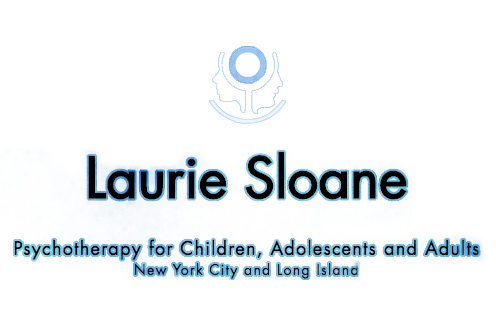What is midlife? Medicine says it’s the period of time when our bodies prepare and enter peri-menopause and then menopause.
Midlife Can be Challenging
During this complex phase of female adult development our perceptions of ourselves change. We may no longer feel young, we may feel a sense of loss about leaving our first 45 years behind, which includes changes in our physical appearance, our energy levels, our health and our connections to a more youthful robust part our lives.
You may be thinking speak for yourself: in our youth oriented culture we often feel pressure to keep up our youthful appearances. At the same time, we try hard to keep up our health and physical stamina. Many women report the beginnings of chronic health problems including skin rashes, insomnia, diabetes, chronic fatigue, and heart disease. These conditions can be debilitating emotionally and physically during these middle years.
They signal to us that we can’t take our health for granted, we are not invincible as we thought we were at 21 or 39.
Before you get completely depressed or stop reading, please keep in mind our resiliency, our hope in the face of adversity and our strength as women in the middle of life. We benefit from the knowledge we have accumulated; we have better coping skills, support systems including friends, family and colleagues. Recently i read that spending a weekend with an old friend can be rejuvenating.
When we don’t have an adequate support system, we seek out connection to others by affiliating with schools, religious organizations, alumni groups, colleagues, book groups, and support groups.
Pondering the Past & Considering the Future
While we think about what we have left behind, we contemplate a richer life in the future. We may be busy with what life puts in our path, such as elderly parents with health problems or adolescent or adult children with special needs. We are often called the sandwich generation because of all the pulls on our time and emotions. Putting feelings, thoughts and situations in perspective is important to our well being.
Knowing a crisis will pass, a situation with our family is temporary, helps us to endure.
A Therapist Can Help with Midlife Transition
Sometimes we need professional help to address the storm that we find ourselves facing. Individual therapy and group therapy can be very helpful to address conflicts that reoccur from the past, difficulty coping with relationships and work, and worries about the future. Sometimes we need to think out loud in presence of another person who is trained to listen and help us understand our needs. Group support and connection can be a very powerful tool during this journey as well.
In contemporary life, the age range of midlife has changed.
In the not to distant past, 35-40 was the start of midlife and by 60; we were considered old and life often ended by 72. Today, with many women in better health, physically and emotionally, and cognitively, we are working longer in the home and in our careers. We could argue that midlife ranges roughly from 50 to 75.
What do you think? Do you Feel Like You’re in Your Middle Years?
As we age, and move into our late 60’s and 70’s, many women are thinking about the future. Do we want to retire, do we have the finances for it, where do we want to move, what will our health be like in the future, do we want to live near our adult children and grandchildren?
As these questions come into focus and occupy more of your time and thoughts, you are probably moving into the middle years and thinking about your next chapter.
If you are entering midlife and having challenges or anxiety, call me today and let’s schedule an appointment. I have many years of experience counseling other women about life changes and midlife. I look forward to hearing from you.
Call me today at 212-413-7088 for a free 15 minute phone consultation.
Laurie Sloane, LCSW
https://www.lauriesloane.com
